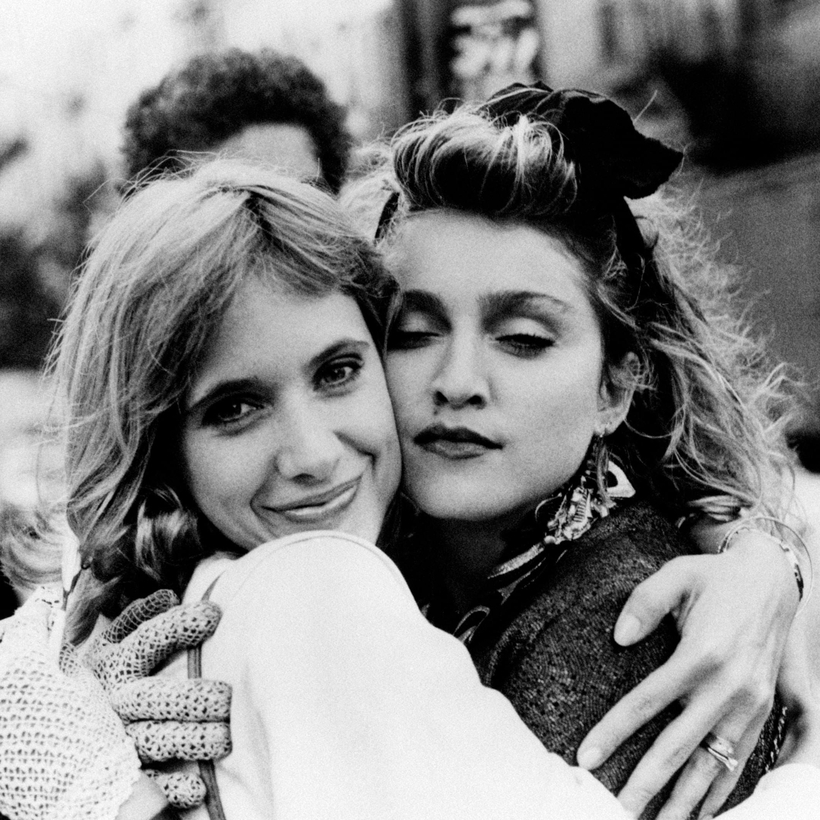Some still remember 1985’s Desperately Seeking Susan as a Madonna vehicle, but the movie’s actual heroine is New Jersey housewife Roberta Glass, played by Rosanna Arquette. Roberta is the movie’s yearning dreamer, living vicariously through personal ads she follows in the newspaper. Some guy keeps posting a three-line S.O.S. to his sort-of girlfriend (Madonna), and finally Roberta hops a bus to New York just to watch their next meetup in person.
Amnesia and an identity swap follow, true to the 80s notion of “downtown” as an Alice in Wonderland adventure (see also Scorsese’s After Hours). But for director Susan Seidelman, the city’s energy really was a tonic. In her new memoir, Desperately Seeking Something: A Memoir About Movies, Mothers, and Material Girls, she tracks her rise from Philly-born firecracker to Hollywood filmmaker, at a time when full-fledged heroines were not exactly a high priority in boys’-club studios.

